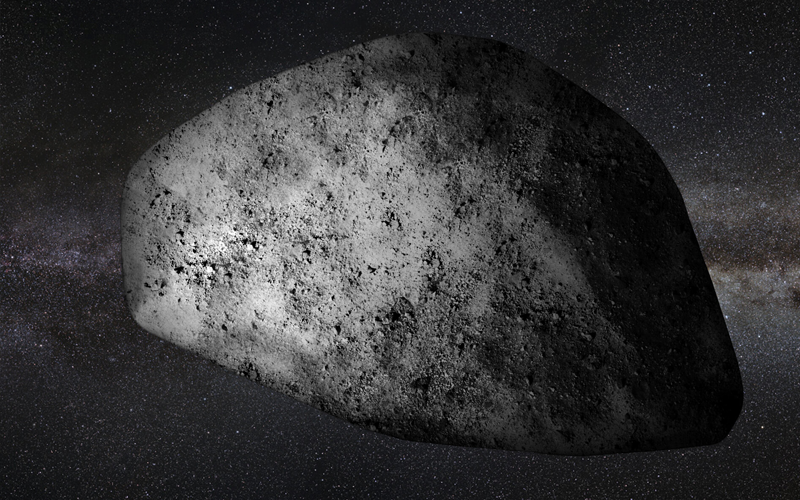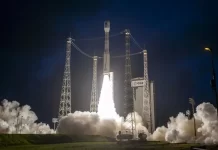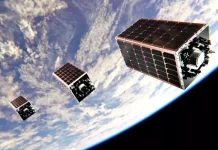
The European Space Agency (ESA) has announced the commencement of preparatory work on Ramses, the agency’s planetary defence mission.
The Rapid Apophis Mission for Space Safety (Ramses) is the latest mission of ESA’s Space Safety programme, which was created in 2019 to mitigate natural and human-made threats to critical European infrastructure and, more broadly, life on Earth.
Once it’s launched, Ramses will rendezvous with the asteroid 99942 Apophis and study it as it passes within 32,000 kilometers of Earth in 2029. At that range, the asteroid will pass closer to Earth than some geostationary satellites. The asteroid is approximately 375 meters across, or about as high as a 40-story building.
“There is still so much we have yet to learn about asteroids but, until now, we have had to travel deep into the Solar System to study them and perform experiments ourselves to interact with their surface,” explained Patrick Michel, director of research at CNRS at Observatoire de la Côte d’Azur in Nice.
“For the first time ever, nature is bringing one to us and conducting the experiment itself. All we need to do is watch as Apophis is stretched and squeezed by strong tidal forces that may trigger landslides and other disturbances and reveal new material from beneath the surface.”
While work on Ramses can now commence, a decision on whether or not to fully commit to the mission will be taken at ESA’s ministerial meeting in November 2025. If that decision is favourable, teams will need to race to have the spacecraft ready to launch by April 2028. This will enable the spacecraft to rendezvous with Apophis in February 2029, two months before its close approach of Earth.




